
Contingent
Keeping things straightforward, Contingent provides permanent recruitment on a risk-free basis—where you only pay when your selected candidate is successfully hired. Gaining access to our exclusive life sciences community of professionals.
Learn More
Retained
Discover precision hiring with Retained. Partner with us for expert-driven recruitment and be backed by people who know your industry and how to attract the most desirable candidates—with results guaranteed through our unique solution.
Learn More
Subscription
Ideal for scaling teams or managing fluctuating recruitment demands, with Subscription, BioTalent becomes an extension of your team, delivering ongoing strategic hiring solutions to protect and propel growth.
Learn More
Accelerator
Accelerator is ideal for project hiring or outsourcing talent acquisition. It’s also perfect for organisations prioritising diversity and who demand faster hiring with expert-led, fully outsourced recruitment processes.
Learn More
Agile
Access our diverse talent community with the Agile Virtual Bench—a host of life sciences experts ready to be deployed. Guided by a dedicated Project Lead, you’ll enjoy live hiring progress updates, AI efficiencies, reduced risks, faster hiring and on-budget results.
Learn More


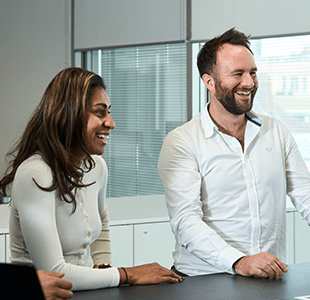

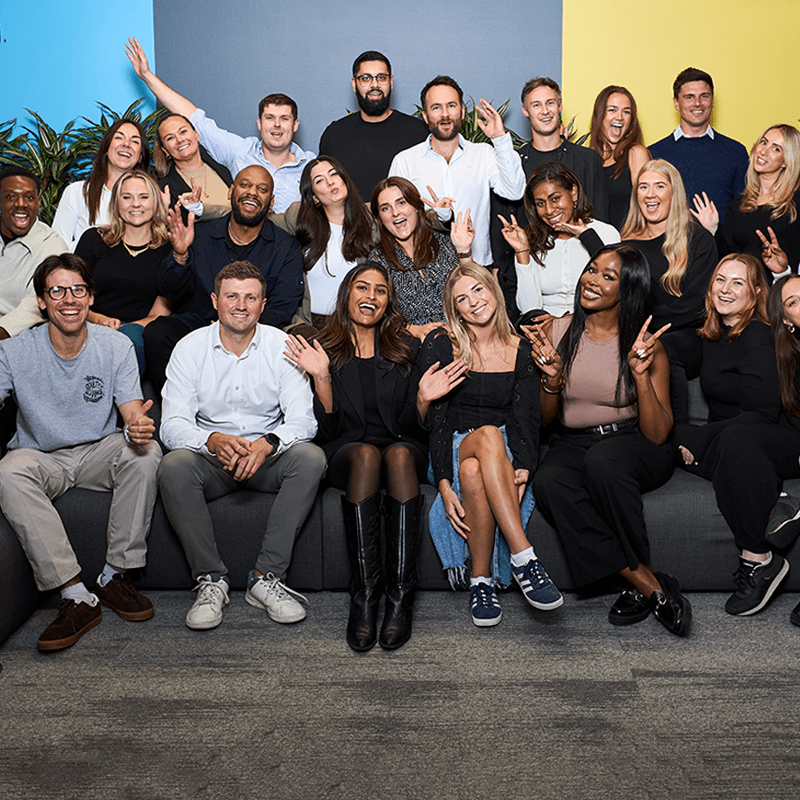

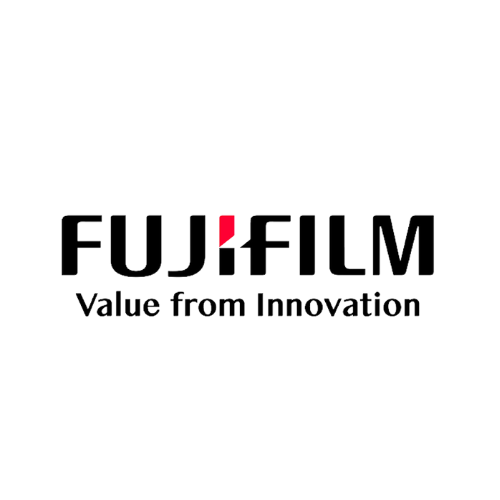
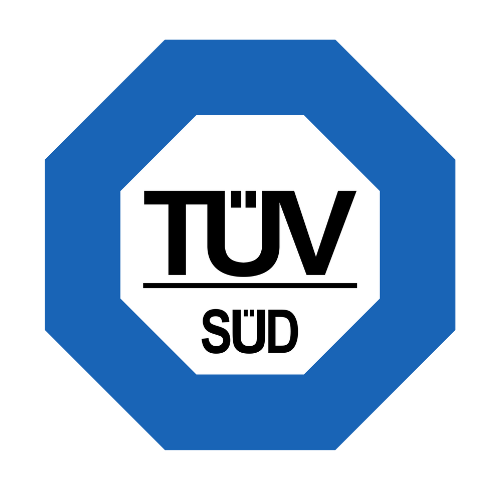
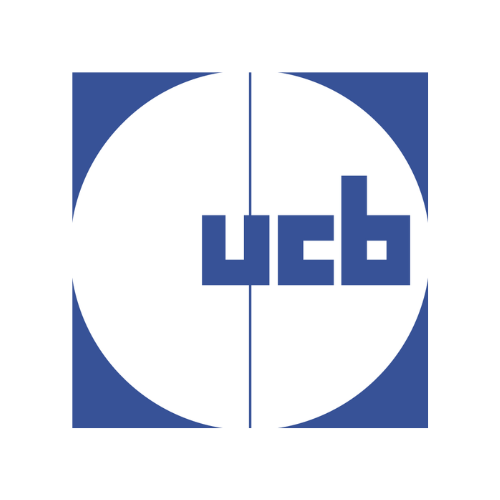


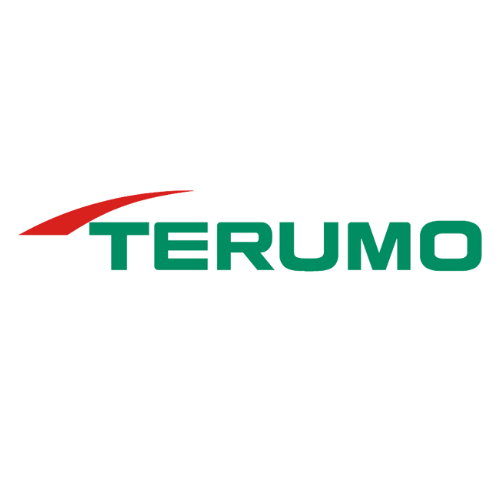
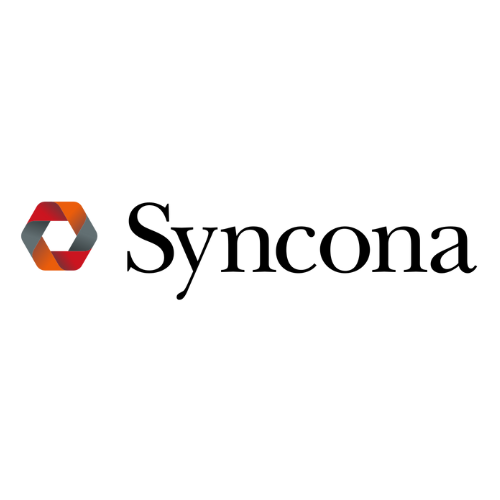
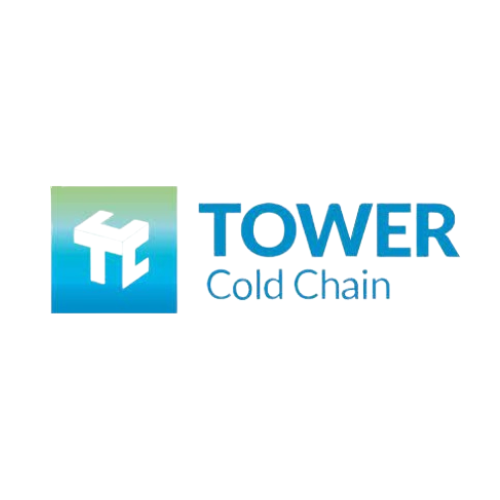
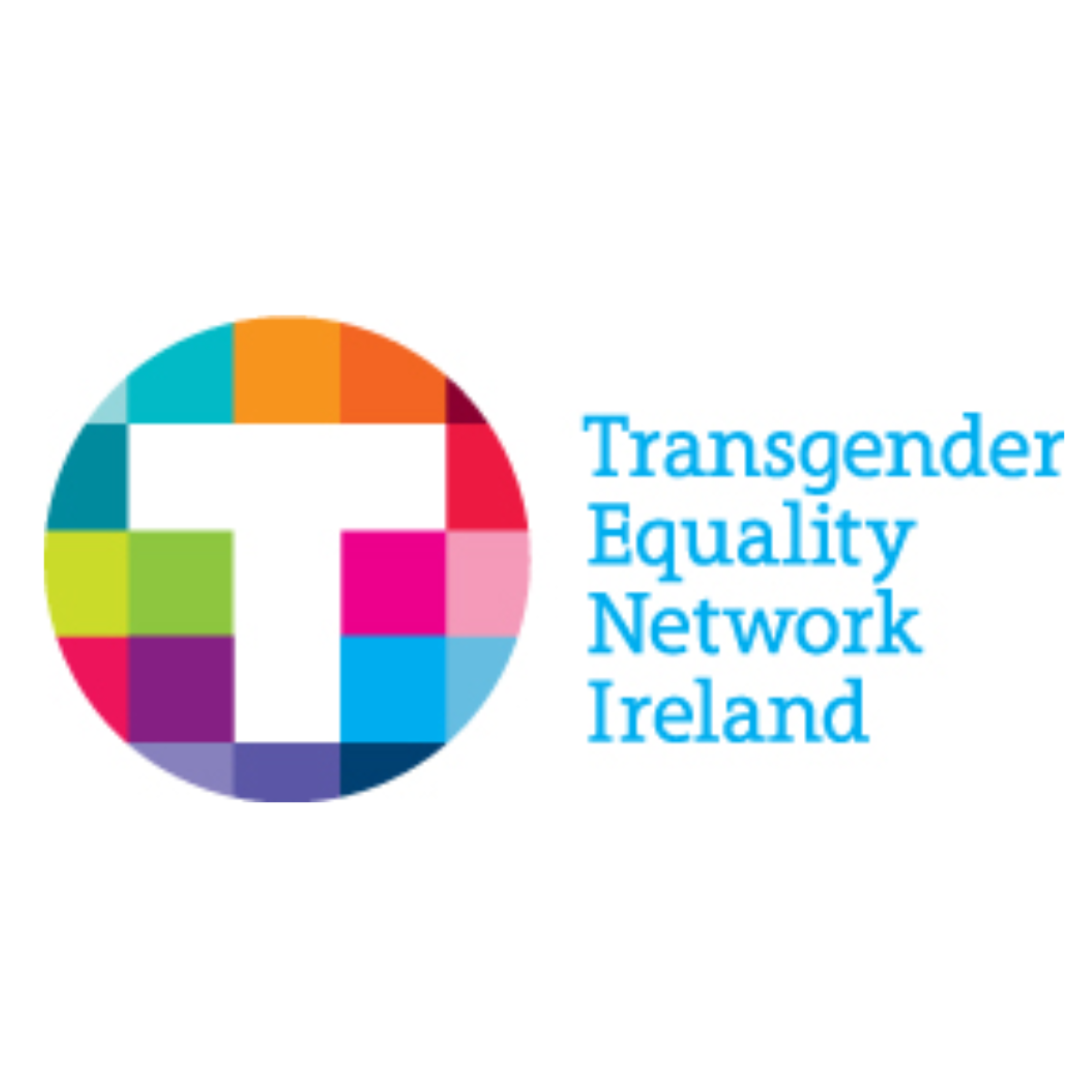
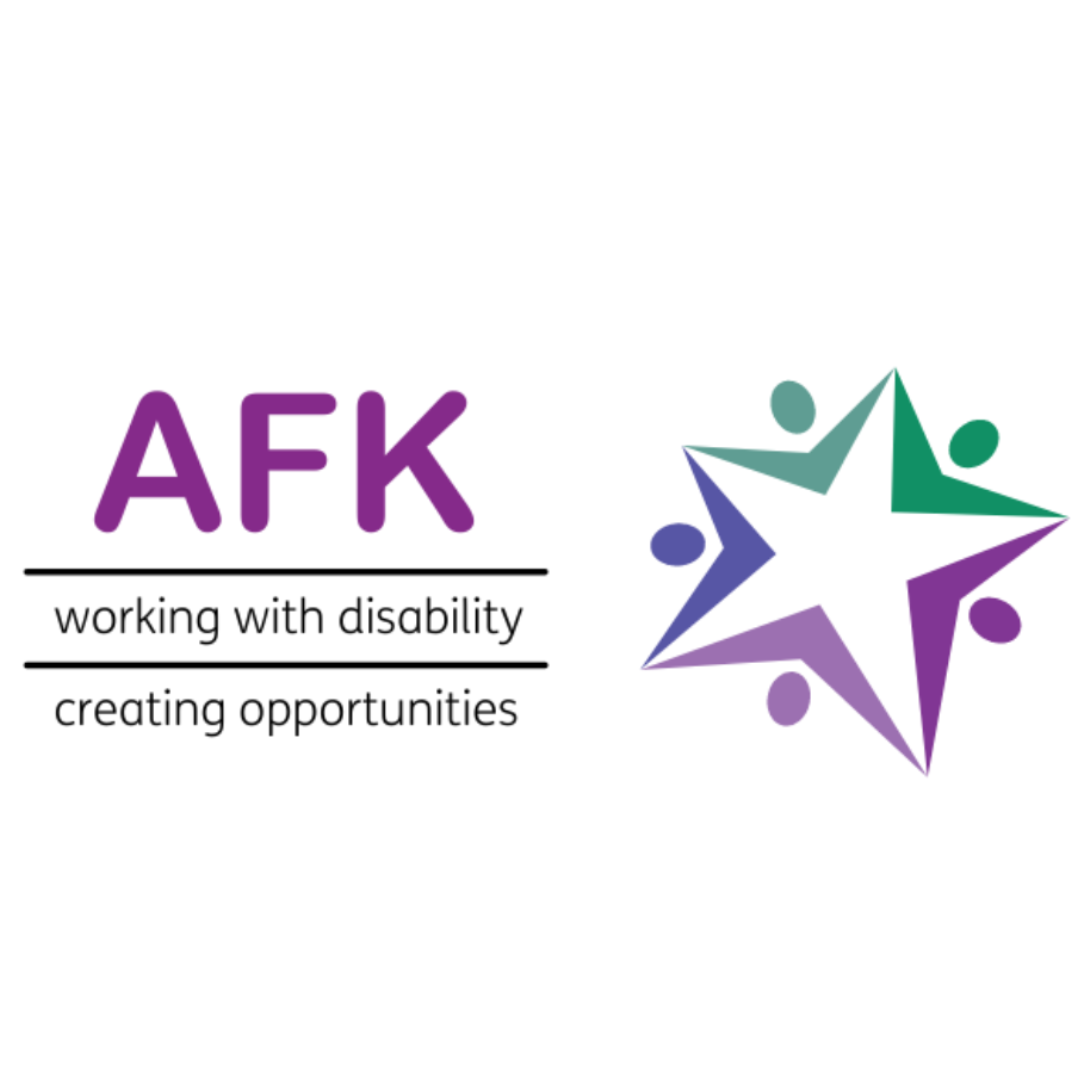

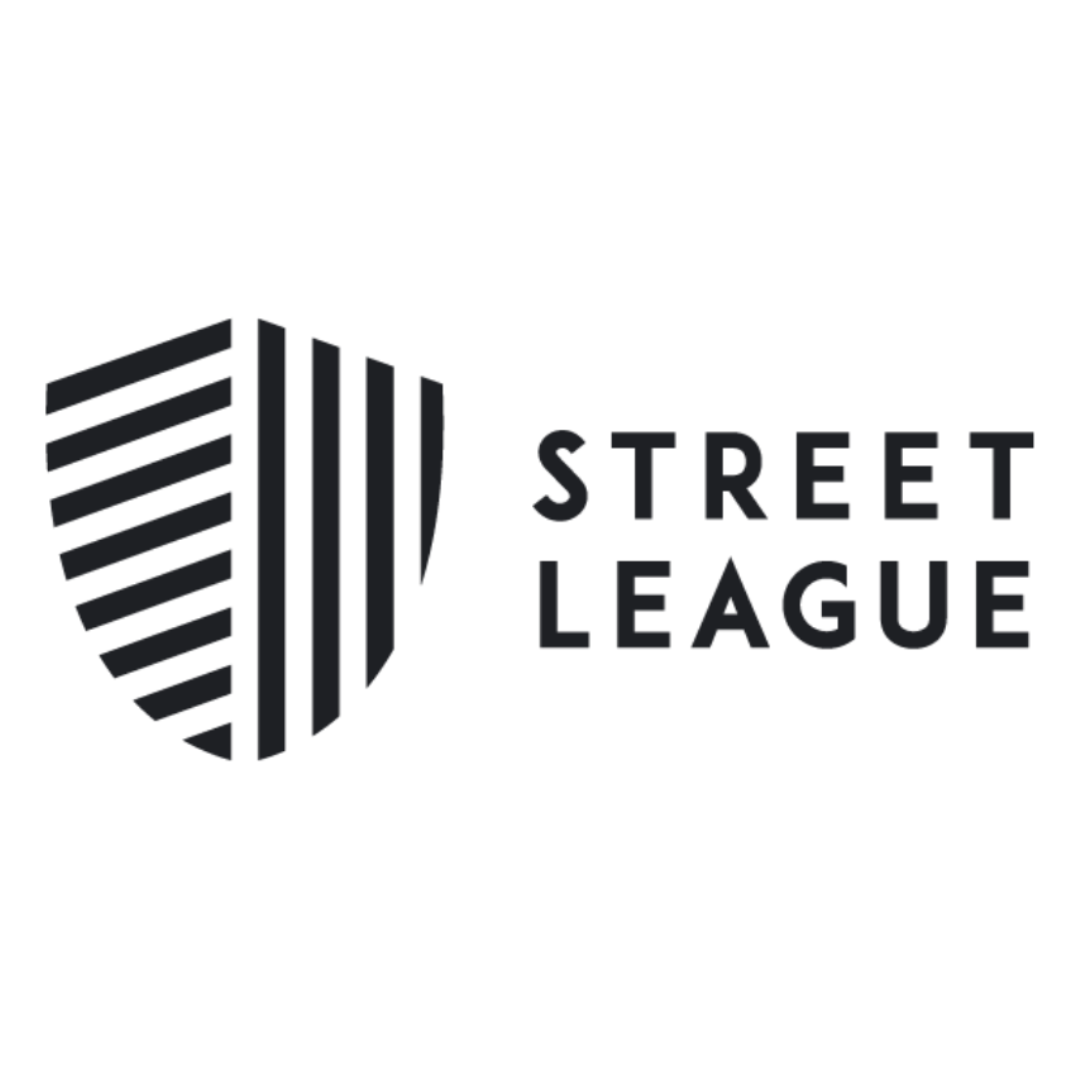
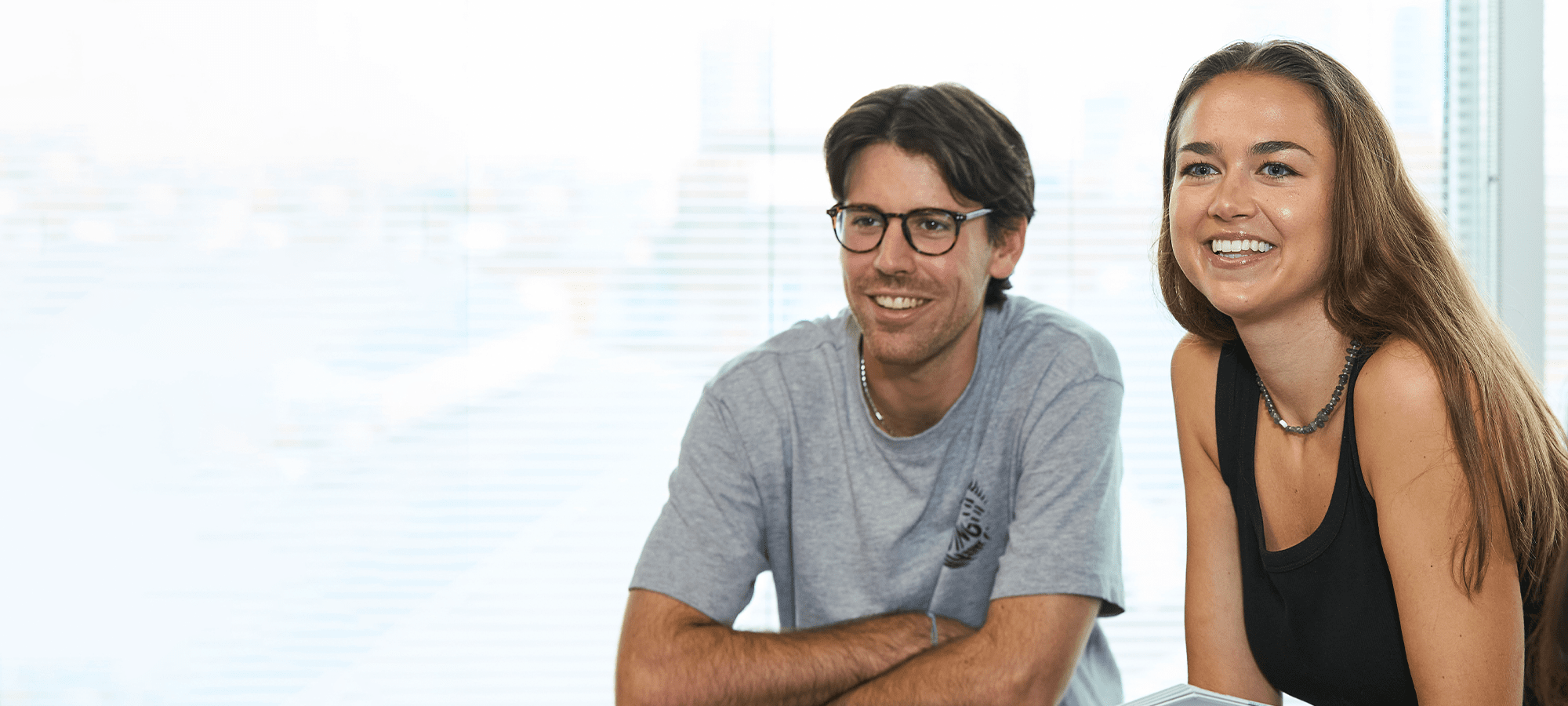







.png)
.png)





